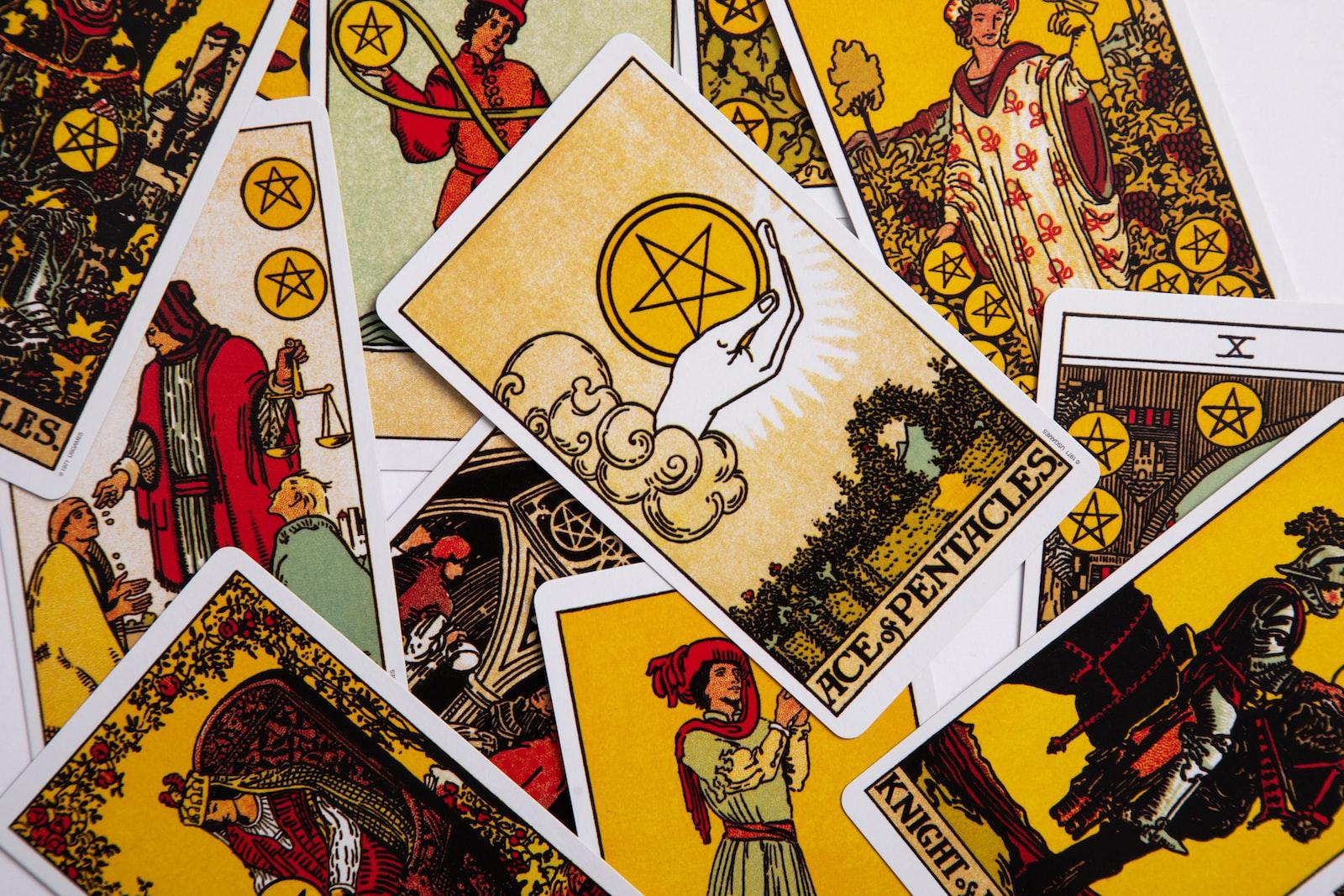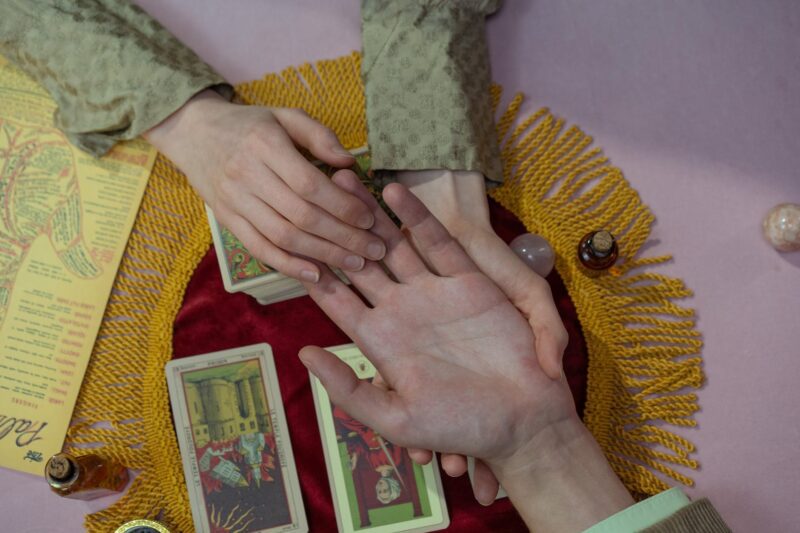Professionals have governing agencies and norms of conduct, while those engaging in mystical activity are frequently self-taught. This can give them the impression that they are stuck in a rut when it comes to dealing with the public. It makes it difficult for the customer to decide who to consult with for a reading.
Moral principles should serve as a guide for all diviners, regardless of the type of divination they use. Speaking with a group of astrologers confirmed for me that all readers whose clients have come seeking advice face the same types of problems: dealing with difficult questions; the possibility of tragic events; what to do when people have depression or issues they cannot handle alone; and, most importantly, avoiding dependency and the pressure it places on the practitioner. I will address reader dependence and how readers and their clients might avoid the problem here.
To begin, I would advise being clear about your motivations. As a practitioner, I think that the best thing to do is to have a strong set of work principles that are in line with your spiritual beliefs. As someone who strives to conduct her life in accordance with Buddhist teachings, I often wonder, “What motivates me to perform this kind of work?” The first thought that comes to mind is to assist others by sharing the insights gained from a reading, but it is more than that. By providing information, it enables others to decide for themselves how to deal more successfully with challenges in their lives. It is unethical to encourage clients to rely on more and more readings.
Client reliance typically emerges when people have a limited understanding of divination. They think that a reading reveals fate—an unavoidable future etched in stone tablets. They regard themselves as puppets on a stage, with larger forces pulling the ropes. If they get the wrong answer to their questions, it can cause a lot of stress, and customers might put pressure on readers to tell them what they want to hear by asking the same question over and over until they get the proper answer. It’s easy to forget how much the client believes what a reader says and how cautious readers must be when dealing with someone who is overburdened by life problems.
Tarot cards reveal potential, trends, and opportunities for a person at any given time. That person retains their free will at all times. Readers must demonstrate to clients that they have choices and must be proactive in their lives. If you continue on this route, X may happen. If you continue down that road, Y is more likely. Is it possible to gain a new career or a new romance if you don’t take some steps toward your goal? A good read should show how to make the desired changes.
If you are a client searching for a reader who can provide you with actual insight into your options, you should look for someone who can explain things in this manner. You should never feel as if you have lost control of your options. The goal of divination is to seek direction rather than to intimidate. Both seers and clients should approach a reading with an exploratory mindset rather than a predictive one, and clients should inquire, “How do you work?” when scheduling a reading. Is there only one solution to an issue, or am I free to consider all options?





